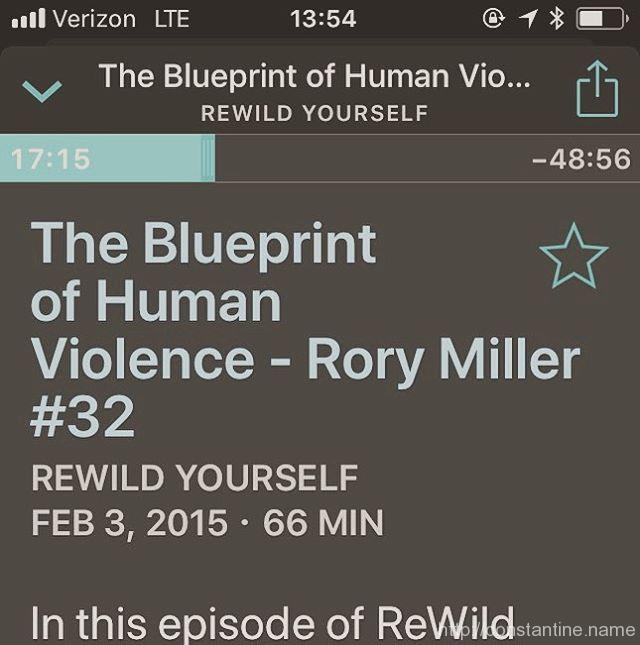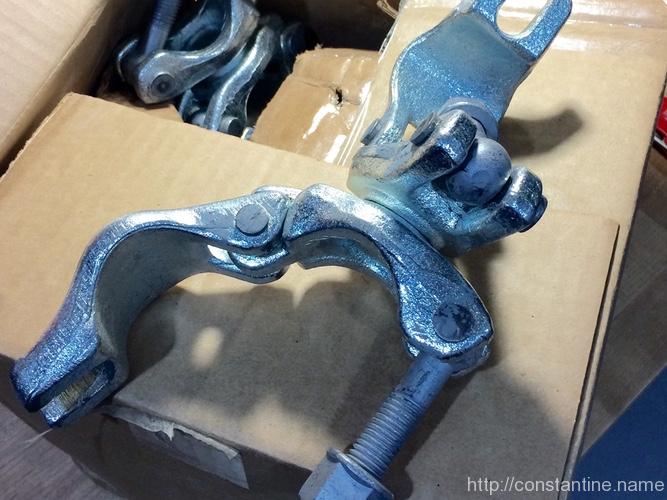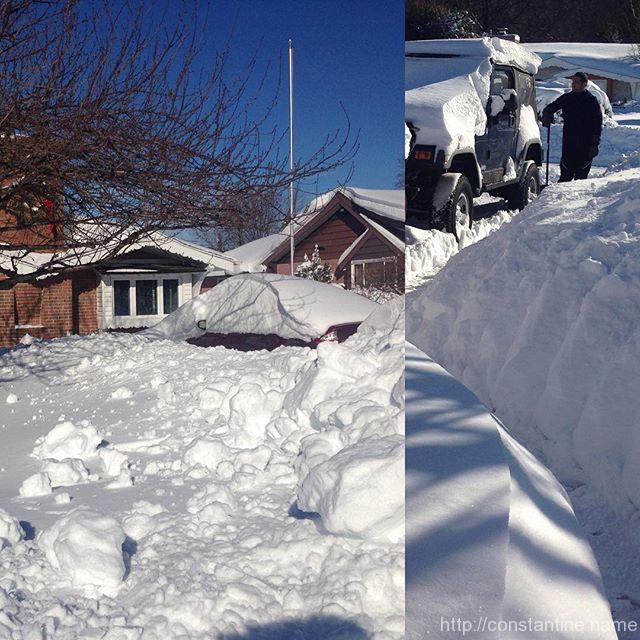They say the best camera is the one you have with you.
ɕ

They say the best camera is the one you have with you.
ɕ
After reading the first “book” in Steven Pressfield’s The War of Art, I’m inspired to define, for me specifically: What is “the work?”
In a specific moment, on a specific day, when I feel that odd uneasiness, I will not try to identify the specific form Resistance is taking. Instead as Pressfield mentions on page 12:
[…] We can use this. We can use it as a compass. We can navigate by Resistance, letting it guide us to that calling or action that we must follow before all others.
Rule of thumb: The more important a call or action is to our soul’s evolution, the more Resistance we will feel toward pursuing it.
As a real example of my own experience, Resistance’s compass guides me towards watching sci-fi entertainment (“a harmless relaxation,” I think after working in my yard for hours). So the opposite would be to… organize and streamline my writing environment and processes so tomorrow I can write more easily! No. My hiding in preparation and perfection is just another form of Resistance.
The best way for me is to look at all the possible things I could do, rather than follow Resistance’s compass. Then boil that down to a list of positive, actionable, directions in which I can sit down and work.
In a specific moment, on a specific day, when I feel that odd uneasiness, I can glance at my list and simply do a bit of The Work.
To defeat Resistance I can simply sit down, and do a little bit of any of the following…
ɕ
PS: I’ve listed “do guest outreach” because—for me—once I do that consistently for a few weeks, all the rest of the podcasting process follows automatically.
It is difficult to get a man to understand something, when his salary depends on his not understanding it.
~ Upton Sinclair
slip:4a1298.
Modern wellness, at its core, is a self-sustaining doom loop of precautionary, aspirational consumption: Buy to be better to buy more to be better still. Which is why, despite Raphael’s arguments, I don’t fully buy that wellness has taken on the role of religion. Instead, in classically entrepreneurial American fashion, it’s become extra unpaid work—the very thing we don’t need more of and truly don’t have time for.
~ Sophie Gilbert from, How Did Healing Ourselves Get So Exhausting? – The Atlantic
slip:4utecu1.
I’d never really thought of it as “exhausting” until I read this article. Now I’m thinking that what I’ve been rebelling against, in the last year or three, is my self–imposed, continuous–improvement mindset of wellness. What I really want to do, is nothing; literally nothing in the sense of just lay in a hammock for—I dunno—a week, maybe much much longer. I’d thought, again in the last year or three, that I’d insulated myself from the outside effects Gilbert describes so clearly, but now I’m not so sure. I’m definitely way down the downward–slope side of spending money on “wellness.” But I’m definitely aware that I spend a lot of time thinking about, arranging, tweaking, planning, assessing… around wellness. Food for thought, indeed.
ɕ
I learned that the best projects grow organically at their own pace, and how terribly important all partnerships are. I have always had a ton of ideas, more than I could ever follow upon or make happen. So much of my dreaming and visioning was all in my own heart and mind. It was not that easy to share it. I have finally learned that I must communicate, (try that when you can’t talk.)
~ Jeff Lowe
slip:4a609.
I maintain that, while the number of bugs and problems users experience is linear, their understandable frustration is exponential. It’s no wonder they have learned to tolerate poor-quality work.
~ Nick Heer from, People Tolerate Bugs and Problems Because Technology Is Still Confusing – Pixel Envy
slip:4upoli2.
I maintain that this is a symptom of the rise of “good enough.” The rise of, “just ship it and fail faster,” has created a culture where “shipping it” is valued over doing something well. The only thing harder than the first 90% of a project is the second 90% of the project. To create something that is a delight to use requires an enormous effort.
Our culture is currently being reshaped by companies who are training us via the fast dopamine hit. In that arena, creating things is a vicious competition. It feels as if there is no time to do something well and bring it to market. In the time it takes to do it well (for example, create 85 episodes of a podcast, write 2,500 blog posts, fill a bookshelf with journals) you will expend an enormous amount of time, energy and money. Sometimes, what you create will be so perfectly in time with the culture that the capriciousness of the market will reward you. Sometimes it will not.
But you must do the hard work. Not because you will necessarily be rewarded, but because other people need to see you doing the hard work. That will encourage and inspire them to try something harder than their current efforts. And that ratchets the culture up, rather than down.
ɕ
While the word “proactivity” is now fairly common in management literature, it is a word you won’t find in most dictionaries. It means more than merely taking initiative. It means that as human beings, we are responsible for our own lives. Our beavior is a function of our decisions, not our conditions. We can subordinate feelings to values. We have the initiative and the responsibility to make things happen.
~ Stephen Covey
slip:4a453.
Before you embark on any path ask the question, does this path have a heart? If the answer is no, you will know it and then you must choose another path. The trouble is that nobody asks the question. And when a man finally realizes that he has taken a path without a heart the path is ready to kill him.
~ Carlos Castaneda
slip:4a231.

Walked 4 miles, forgot to take a photo. Here have a screenshot of a great podcast I listened to. :P
ɕ
Do whole grains prevent smoking too? An alternative explanation is that the women who were eating whole grains were all-around more conscientious and concerned about their health than those eating refined grains. And why not? They “knew” from mainstream diet advice that whole grains are healthier than refined grains. When is the last time you saw someone smoking a cigarette while eating whole grain muesli with skim milk and half a grapefruit for breakfast? Is it easier to imagine someone smoking while eating a donut and sweetened coffee?
~ Stephan Guyenet from, Modern Diet-Health Epidemiology: a Self-Fulfilling Prophecy? Part II
slip:4ubomo1.
I recommend reading everything on the Whole Health Source blog; Very science-intensive, but you’re life will be imrpoved. And, the above piece is a great explanation of things like “correletion”, “confounding factors”, and more. But, there’s also a HUGELY useful take-away that he doesn’t explicitly state:
By being health-conscious — reading, learning, making small changes — you’re going to have a huge affect on your health. In the long run, you don’t need to learn every little scientific nuance (because who has time for that, right?) Instead, you learn a little each day and continuously work to make small improvements.
ɕ

Eventually, you will want to purchase swivel clamps. They can be quite expensive. But, I found this place, which sold them to me for an unpublishably, insane, low price: https://www.associated-scaffolding.com
ɕ

The other day I setup the wood crib by the side door, and lit the wood stove for the first time. Aaaaaaaany minute now . . . I will admit, that I do love that Pennsylvania has all four seasons duly represented — even when I have to shovel snow :)
ɕ

South Street Under #leesburg “go home croissant!”
ɕ